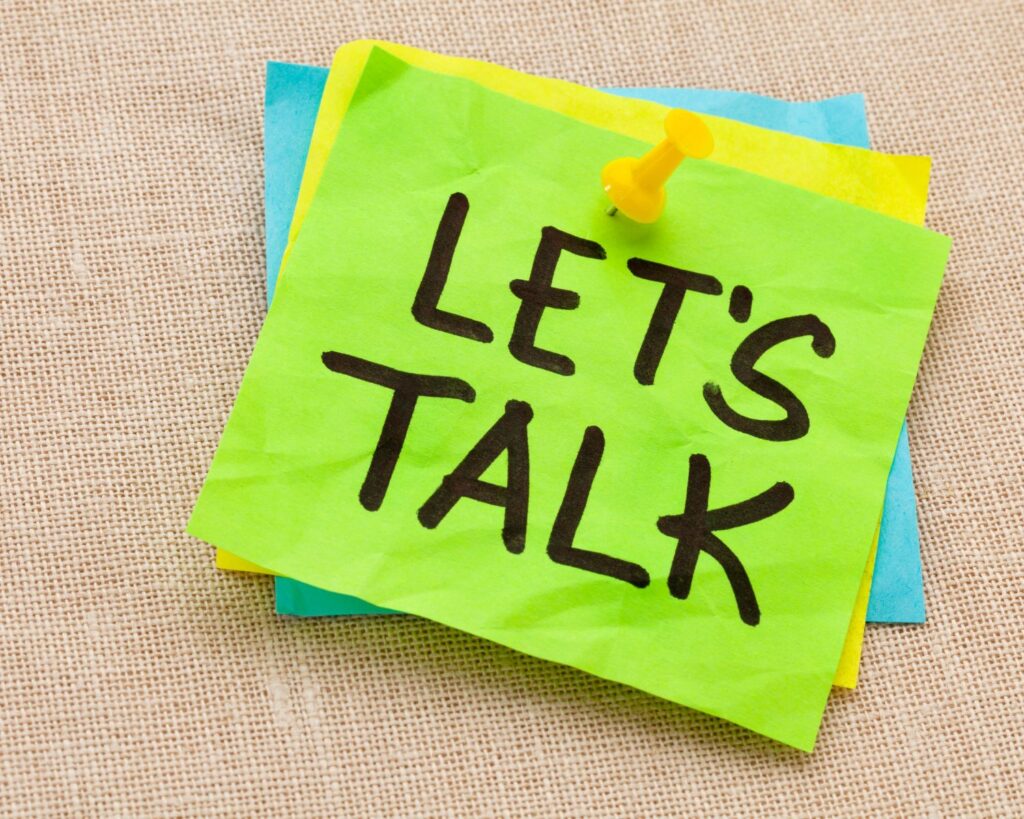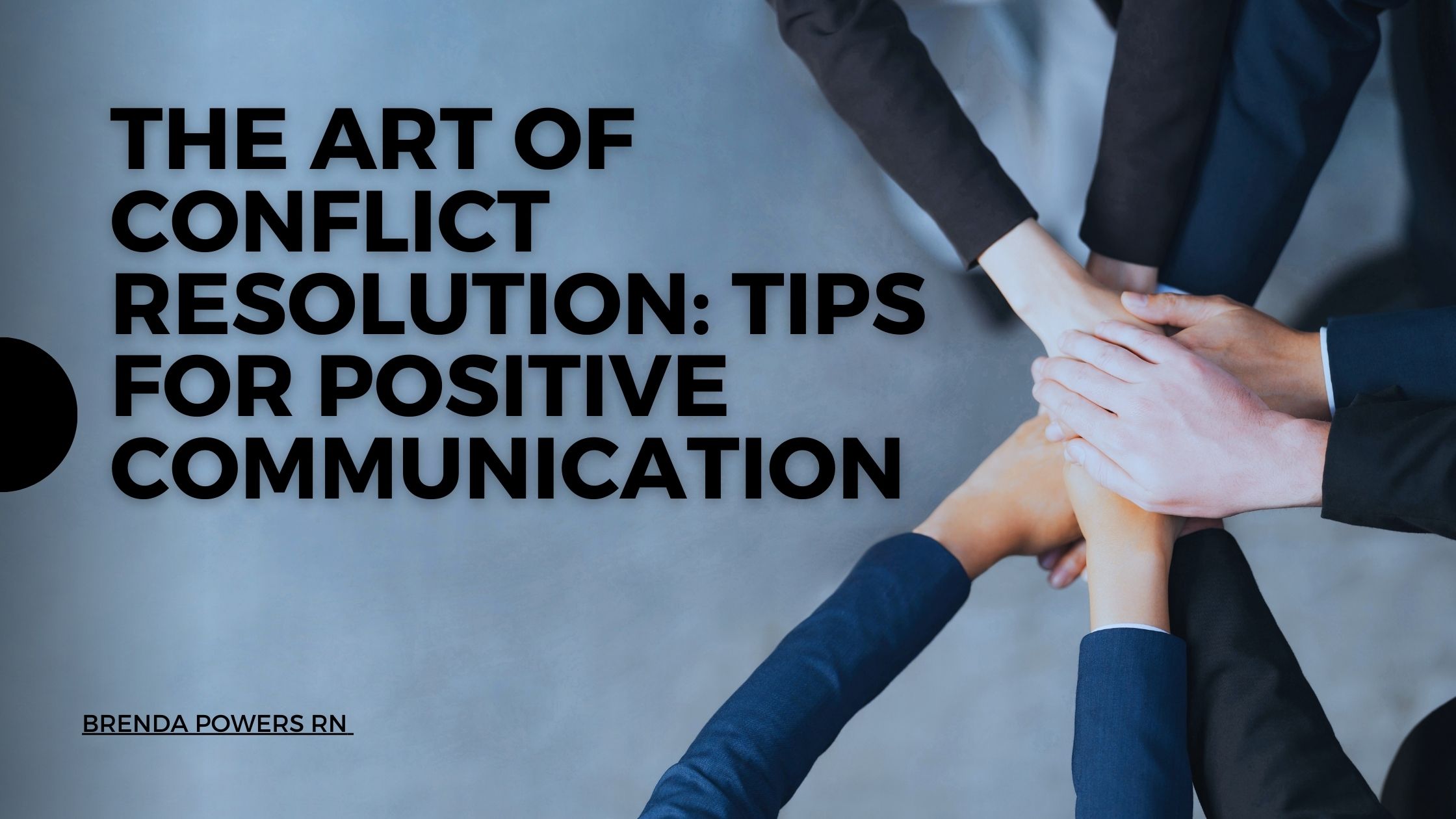Conflict can have serious consequences, both physically and emotionally. It can cause all sorts of problems - stress, sadness, even physical issues like headaches or high blood pressure.
And let's not forget the toll it takes on relationships and work performance. But don't worry, there's good news.

We can learn to handle conflict better, and doing so can make a huge difference.
So, why is handling conflict well so important?
Unresolved conflict can really drag everyone down. It can mess up your personal relationships and your workplace. But if you have the right skills, you can turn disagreements into opportunities for growth.



- With good conflict resolution skills, you can create a positive environment at work and in your personal life.
- You'll be better equipped to deal with tough situations and reduce stress for everyone involved. Plus, it's great for teamwork.
- You'll be better equipped to deal with tough situations and reduce stress for everyone involved. Plus, it's great for teamwork.
- When we're good at resolving conflict, we communicate better and feel more satisfied in our jobs and relationships.
But what causes conflict?

It can pop up anywhere – from work to home.
- Miscommunication
- Differences in values and beliefs
- Competition for resources
- Personality clashes
- Power struggles
- Cultural differences
- Hurt egos
- Lack of trust
- Economic or social problems
- Political differences

Now, let's talk about how to get better at dealing with conflict:
- Listen up: Really try to understand where the other person is coming from. Keep your body language open and non-threatening.
- Speak clearly: Use simple language to express your thoughts and feelings. Don't expect others to read your mind!
- Find the root cause: Keep asking "why" until you uncover the real issue behind the conflict.
- Collaborate: Work together to find a solution that works for everyone.
- Focus on the real needs: Instead of sticking to your position, try to identify what both parties really need.
- Brainstorm together: Come up with lots of solutions and evaluate them as a team.
- Be ready to compromise: Sometimes, you've got to give a little to get a lot.
- Use "I" statements: Express your feelings without blaming others. Like, "I feel hurt when you..."
- Own up: Take responsibility for your actions and say sorry if needed.
- Ask for help: If you're stuck, don't hesitate to ask a mentor or supervisor for advice.
- Follow up: Make sure the solution is working and tweak it if needed.

Conflict resolution is a part of emotional intelligence, and it's vital for successful teams.
It might not come naturally to everyone, but with practice, we can all get better. Every conflict is an opportunity to improve our communication skills and strengthen our relationships.
By focusing on solutions that benefit everyone, we can prevent disagreements from turning into damaging conflicts. Here's to fostering more open and effective communication.

